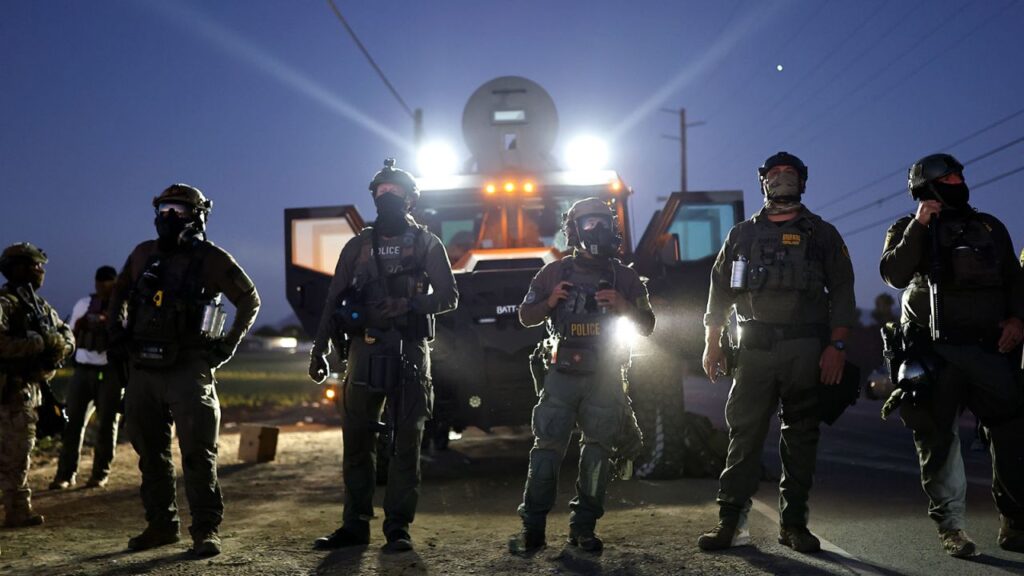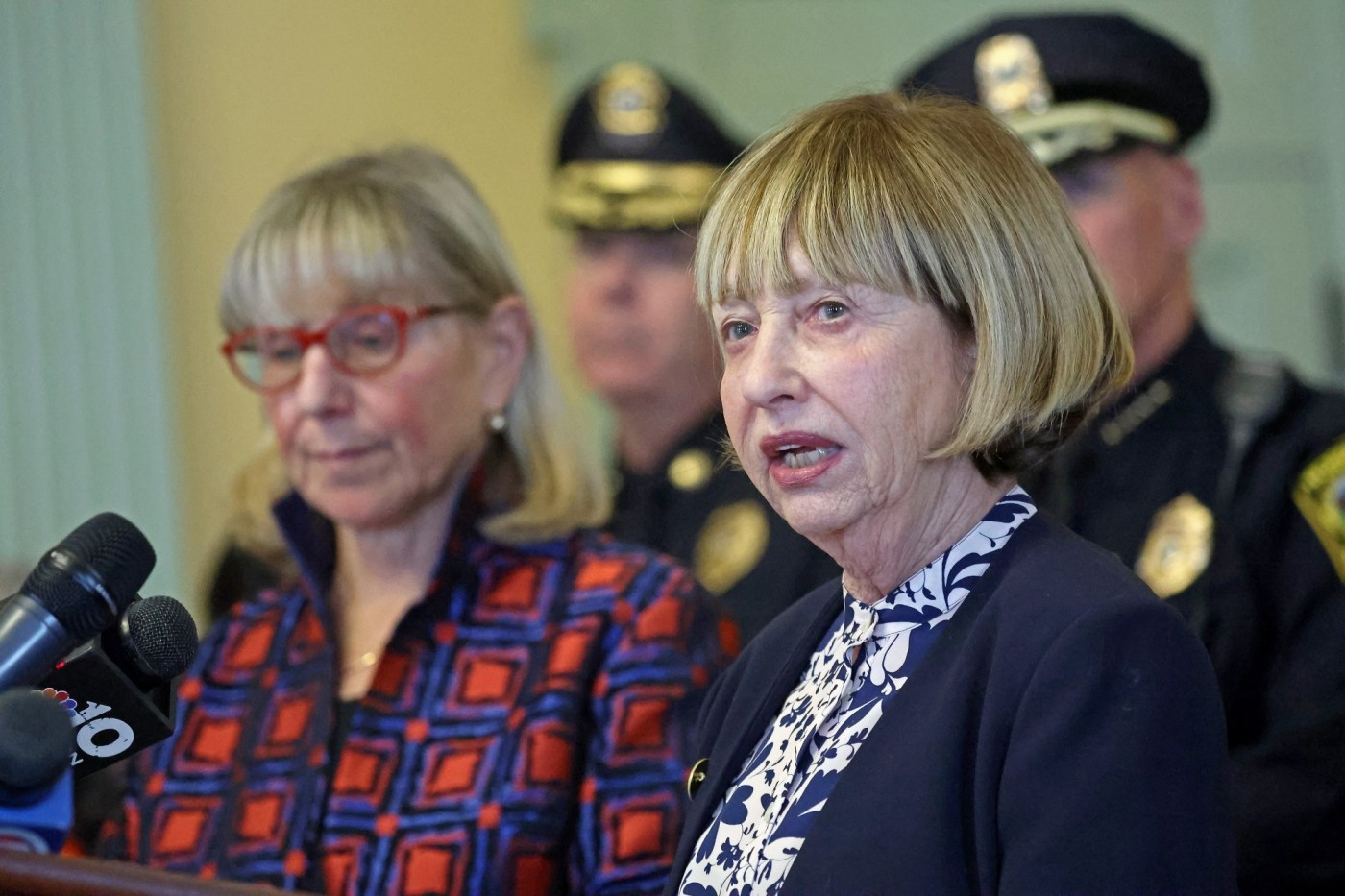
The discussion surrounding the policy of U.S. Immigration and Customs Enforcement (ICE) agents wearing masks during arrests has intensified, with significant input from California Congressman Lou Correa. The Congressman’s remarks come as the nation continues to grapple with the implications of COVID-19 on law enforcement practices and public health safety.
As the pandemic evolves, public health guidelines have often conflicted with the operations of federal agencies. Congressman Correa has publicly supported the notion that ICE agents should adhere to health protocols by wearing masks, particularly during interactions that could expose both agents and the public to the virus. His position emphasizes the importance of prioritizing safety in all enforcement activities.
Concerns Over Public Health and Safety
The debate is fueled by concerns over the spread of COVID-19 and the necessity for protective measures. According to the U.S. Department of Homeland Security, guidelines for federal agents have varied, leading to confusion and inconsistent practices across the agency. Congressman Correa argues that uniform mask policies are essential not only for the safety of agents but also for the communities they serve.
“Wearing masks should be a standard practice for all ICE agents during arrests,” Correa stated. “This is about protecting ourselves and the communities we interact with. We cannot take public safety lightly, especially in these times.” His comments highlight a growing demand for accountability and adherence to health protocols within federal law enforcement.
Impact on Law Enforcement Operations
The implications of mask-wearing policies extend beyond public health. They also affect the dynamics of law enforcement operations. Critics of the current approach argue that lax adherence to health guidelines could undermine the trust between communities and law enforcement agencies. The call for masks during arrests resonates with broader conversations about transparency and community engagement.
As the situation develops, ICE must navigate the balance between effective enforcement and the necessity of public health measures. The ongoing dialogue reflects a critical moment for federal agencies as they reassess their policies in light of evolving health guidelines and public expectations.
In conclusion, the debate over whether ICE agents should wear masks during arrests underscores a significant intersection of public health and law enforcement. With voices like Lou Correa advocating for stricter adherence to health protocols, the outcome of this discussion may influence future policies and practices within ICE and potentially across other federal agencies.





